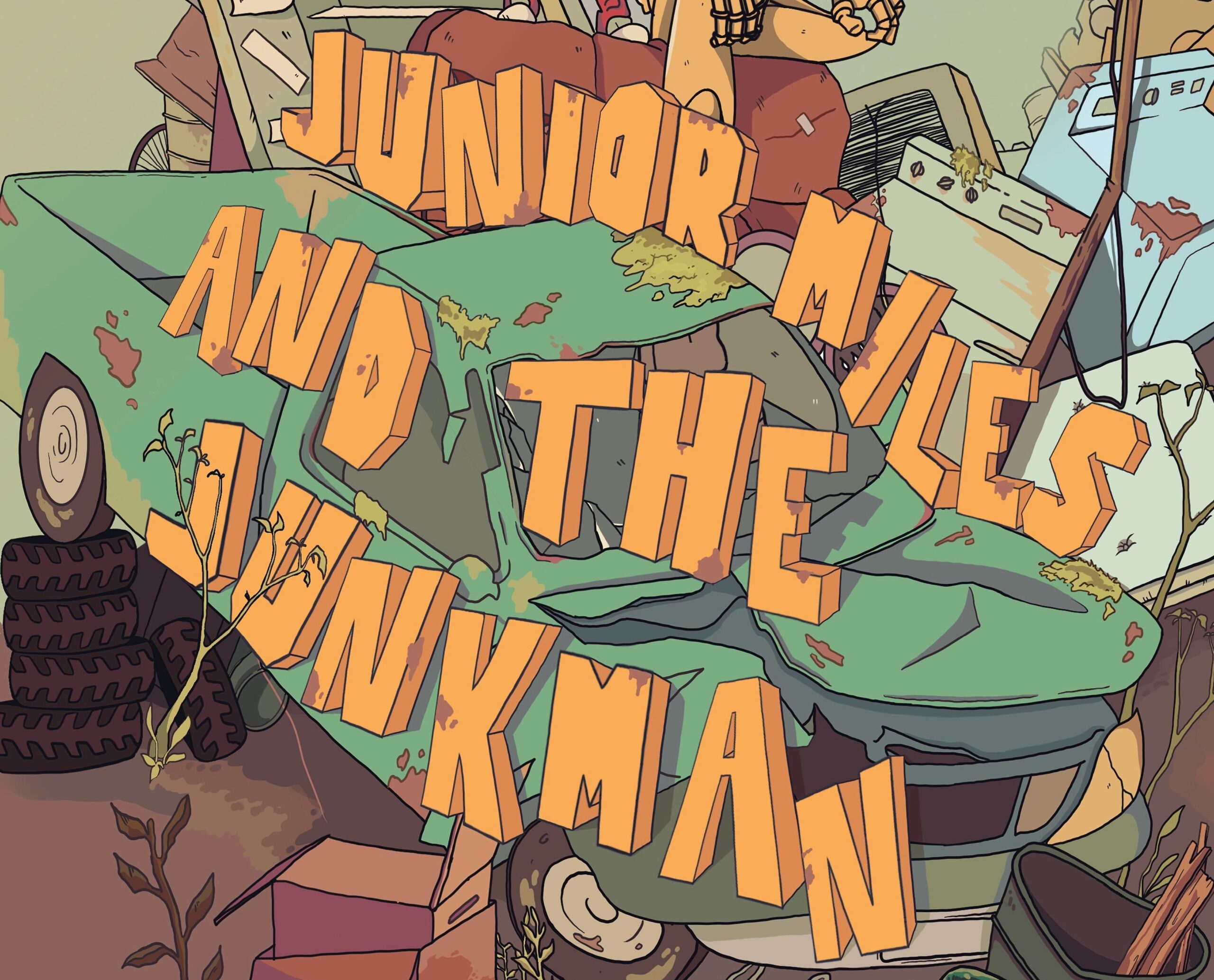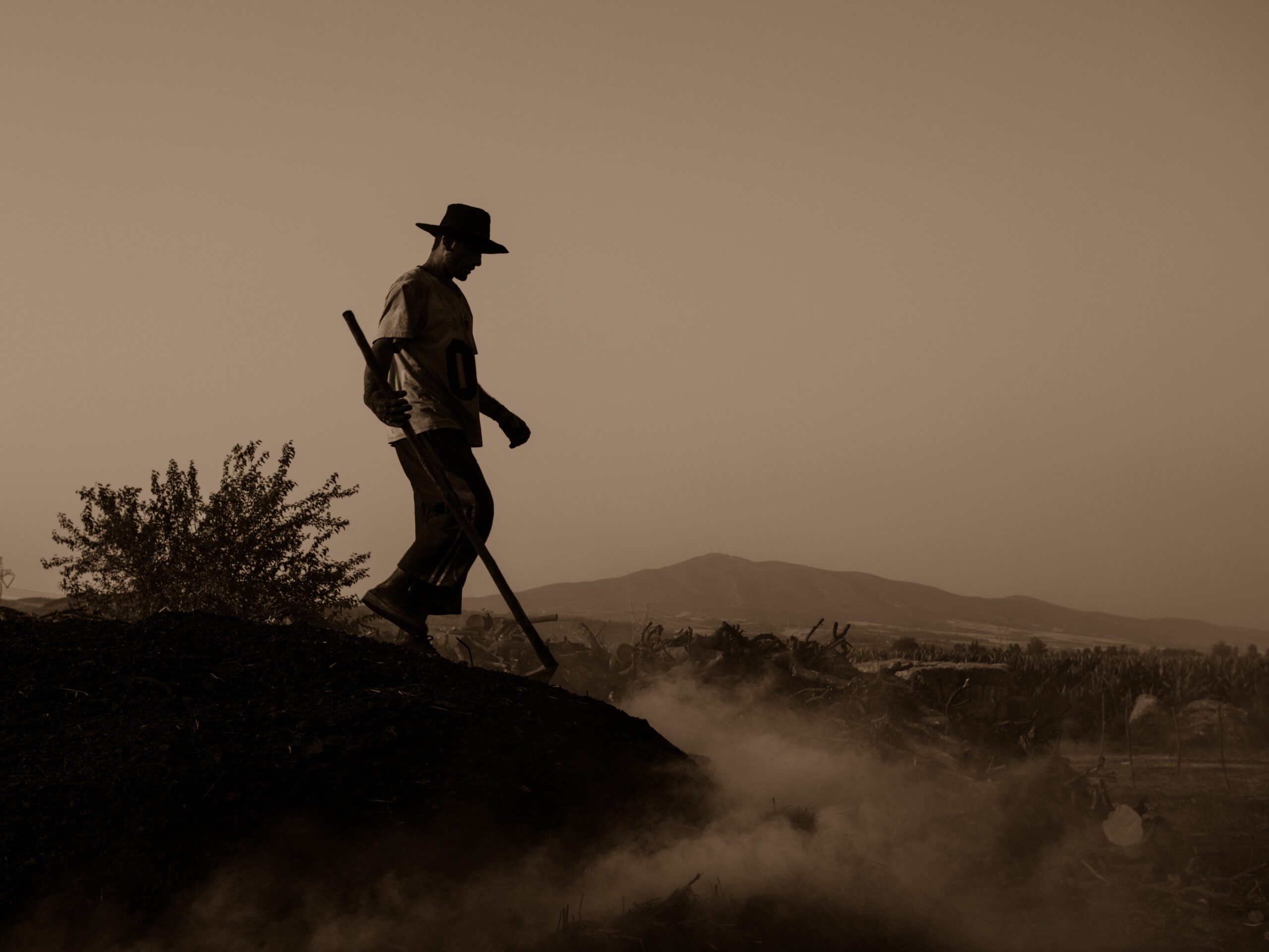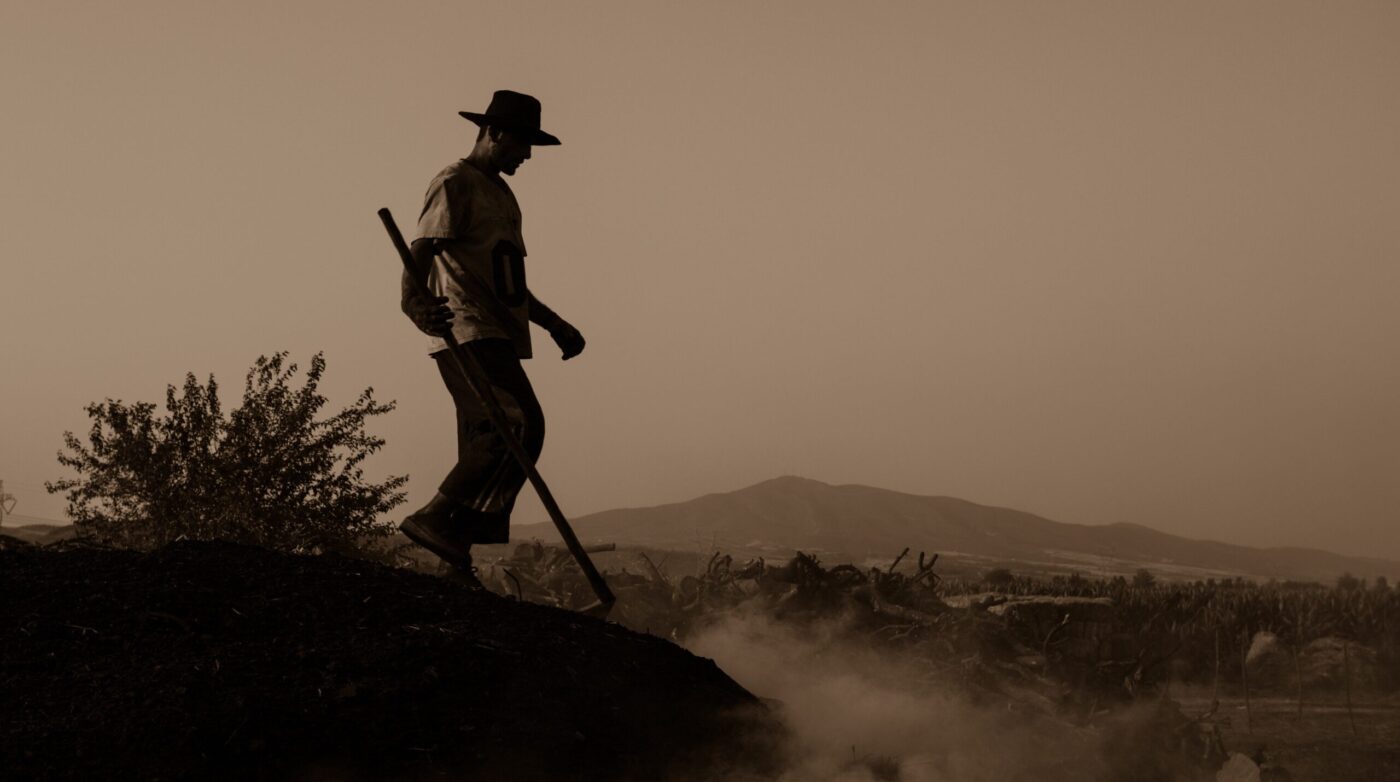
WALKING AND REVISION
Oscar Wilde famously said, “I have spent most of the day putting in a comma and the rest of the day taking it out,” and that all too often describes the pace of a writer’s work. Sometimes though as I’m fidgeting over punctuation marks and line breaks for what seems like hours, my back hurts, my hips hurt, and I just can’t sit any longer. I have to move. Walking is one of the best ways I know if not to break through that writer’s block at least to shift it a bit. Walking, like writing, is a solitary activity. You don’t have to find teammates, cope with equipment, follow complicated rules. Just open the door and go. Like a poem, walking has its own rhythm, as you’re halted by stop signs and red lights if you’re walking in the city and by tree roots and rocks if you’re in the woods. These interruptions are like line breaks affecting the tempo of a poem. Compared to say, driving, walking is a fairly mindless activity. Much easier to pass someone on a sidewalk than on a highway and should you carelessly bump into another pedestrian, chances are no real harm will be done. No need to exchange insurance cards and registration. When I lived in Cambridge, I loved walking in the city. Plenty of shop windows to browse, friendly hellos with people I didn’t know, exchanges that brightened my mood but required no further commitment. Salem certainly has its unusual sights, particularly in October, but here I prefer to walk by the water along Salem Willows or Winter Island. These walks provide just enough distraction that as I listen for water’s soft plash or enjoy the antics of those rambunctious seagulls, a line, a solution for a stuck place in a poem often slips in through the edges of my consciousness. Then, refreshed, I go back to my desk and make that crucial revision or at least put that comma in again. Then maybe take it out.
Kathleen Aguero: The author of World Happiness Index from Tiger Bark Books. Her other poetry collections include After That, Investigations: The Mystery of the Girl Sleuth, Daughter Of, The Real Weather, and Thirsty Day. She has co-edited three volumes of multi-cultural literature for the University of Georgia Press (A Gift of Tongues, An Ear to the Ground, and Daily Fare) and is consulting poetry editor at Kenyon Review. She teaches in the Solstice low-residency M.F.A. program at Lasell University and in Changing Lives through Literature, an alternative sentencing program. Kathleen has received grants from the Massachusetts Council on the Arts and the Elgin Cox foundation.
See More The Thursday Poets Posts
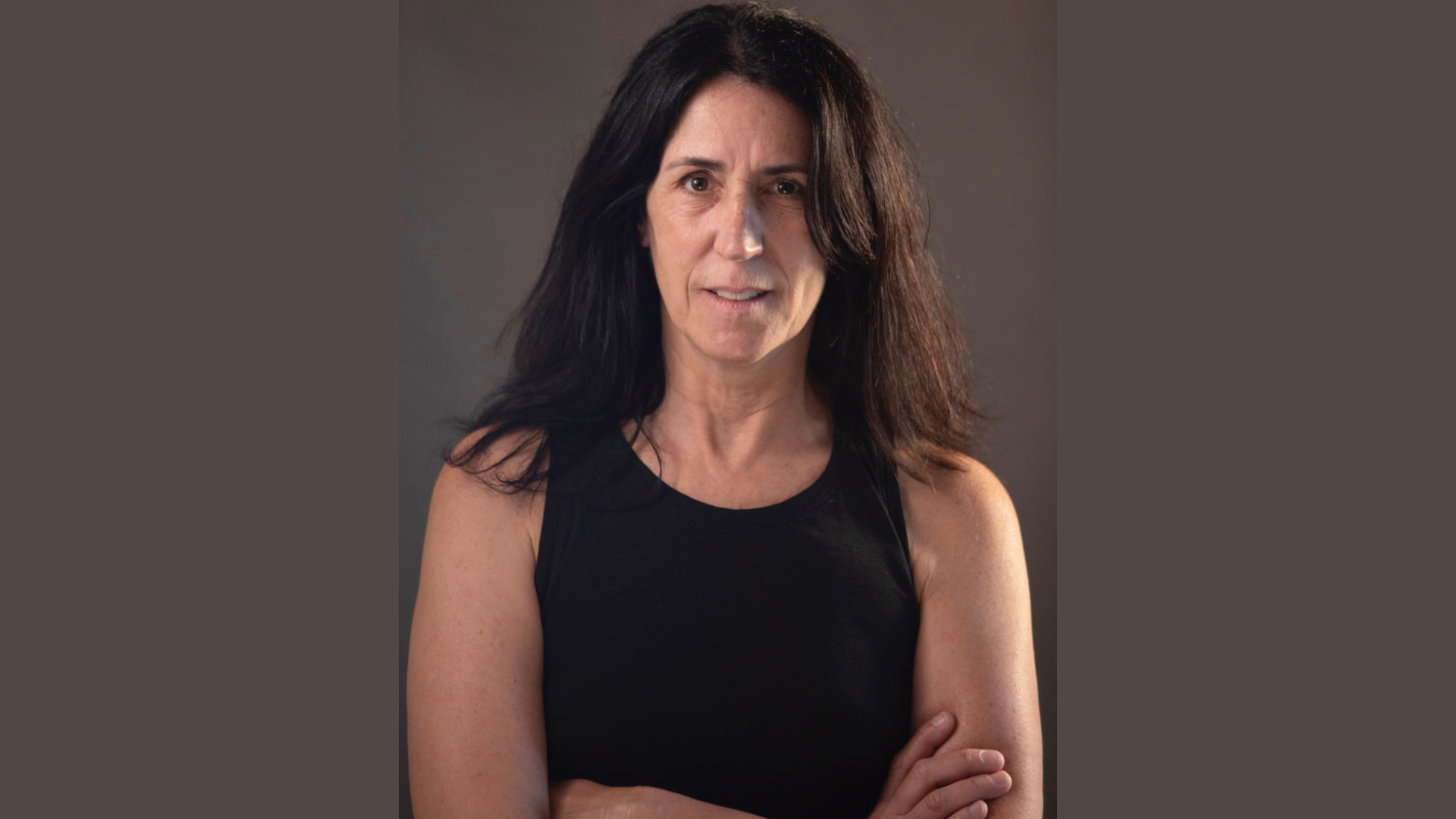
POETS’ CORNER: “I’ll always remember some of the music,” a Review of Margaret Young’s How Else Can We Know What’s Beautiful? by Jennifer Martelli
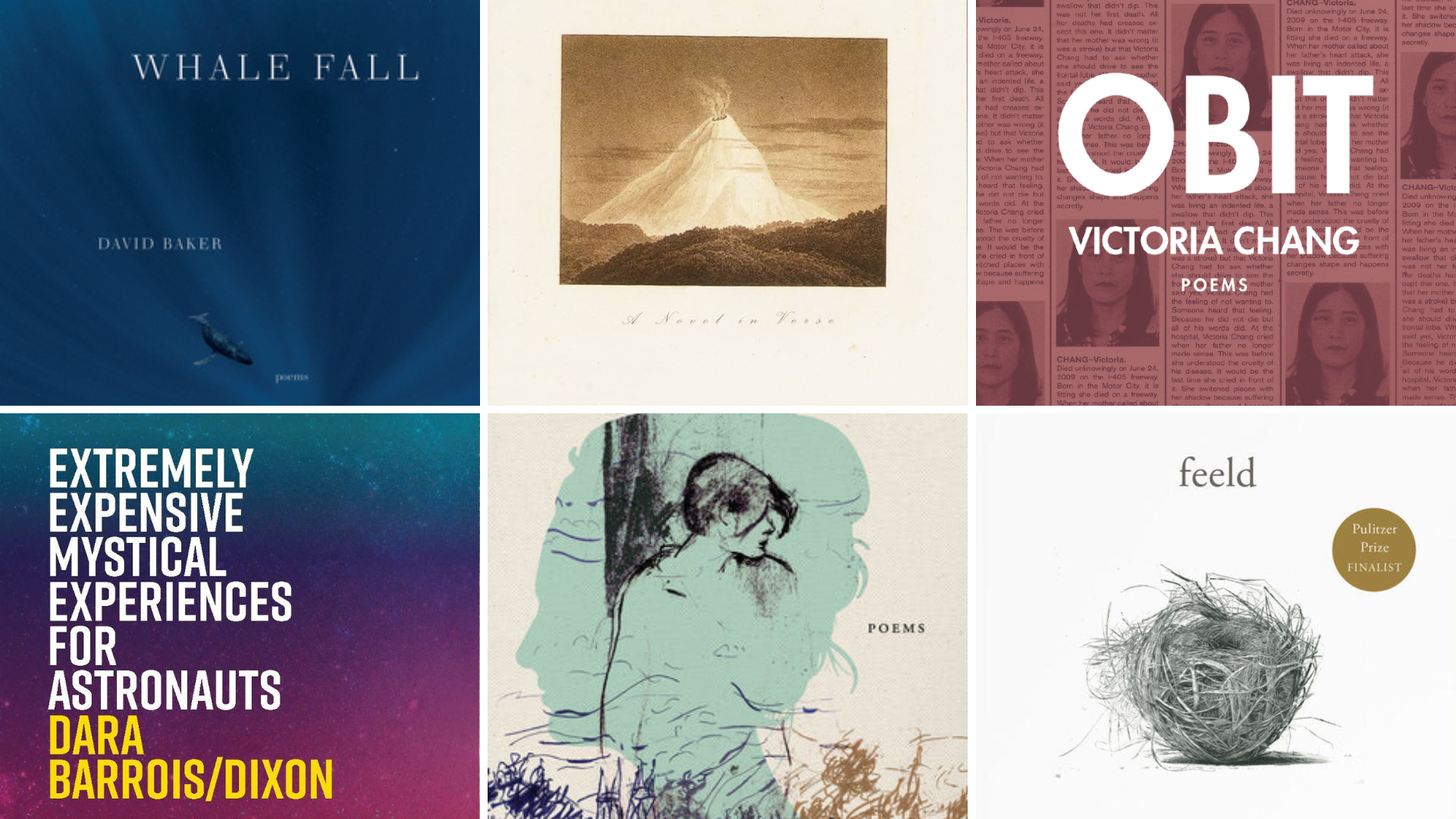
Celebrating National Poetry Month with the Thursday Poets
